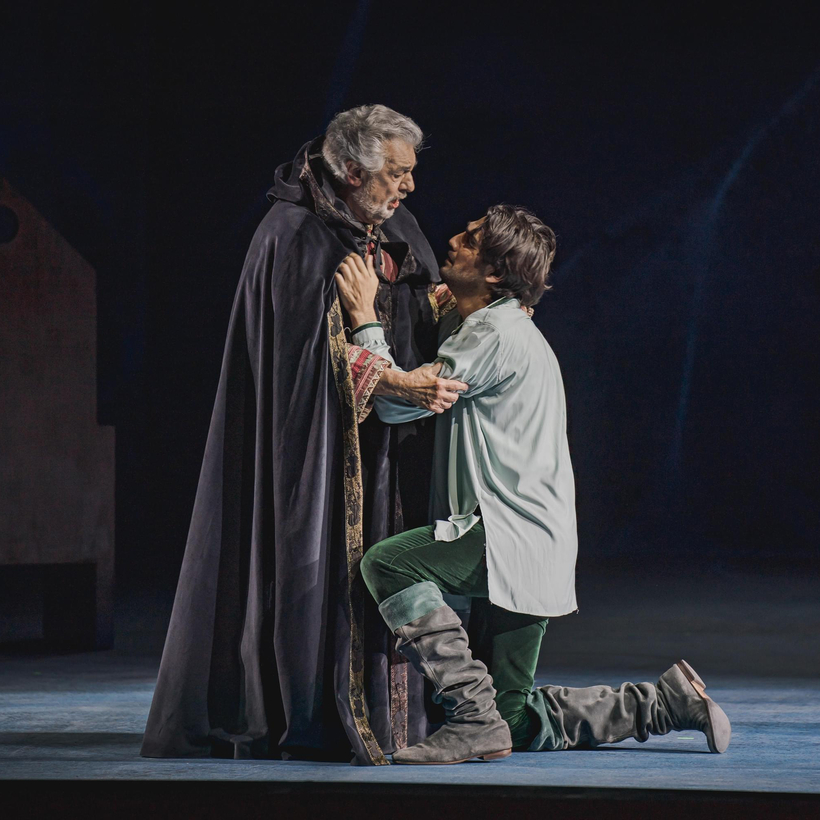Back-to-back live streams from the Metropolitan Opera to movie theaters everywhere—this is not the usual welcome package for newcomers at America’s premier opera house. But, world, say hello to Jonathan Tetelman, the GQ-ready, Chilean-born, New Jersey–bred star tenor with golden-age Hollywood looks and burnished, laser-focused high notes to burn. At 35, with about five minutes’ worth of experience on regional American stages and six seasons of increasingly impressive international triumphs to his credit, Tetelman makes his debut at Lincoln Center this spring with two Puccini operas in eight weeks.
“Puccini is the ground floor for me,” Tetelman said on a recent Zoom call. “The first important role I ever did was Rodolfo, in La Bohème, in Fuzhou, China, in May 2017. Puccini let me really develop my voice and understand who Jonathan sounds like, whose voice Jonathan is. Puccini is my guide to my career.” In the rarity La Rondine, which closed at the Met last weekend, he was Ruggero, a country bumpkin rekindling a Paris courtesan’s lost innocence. Through May 11, he’s Lieutenant B. F. (for Benjamin Franklin) Pinkerton, playing house with a teenage geisha in Madama Butterfly.


